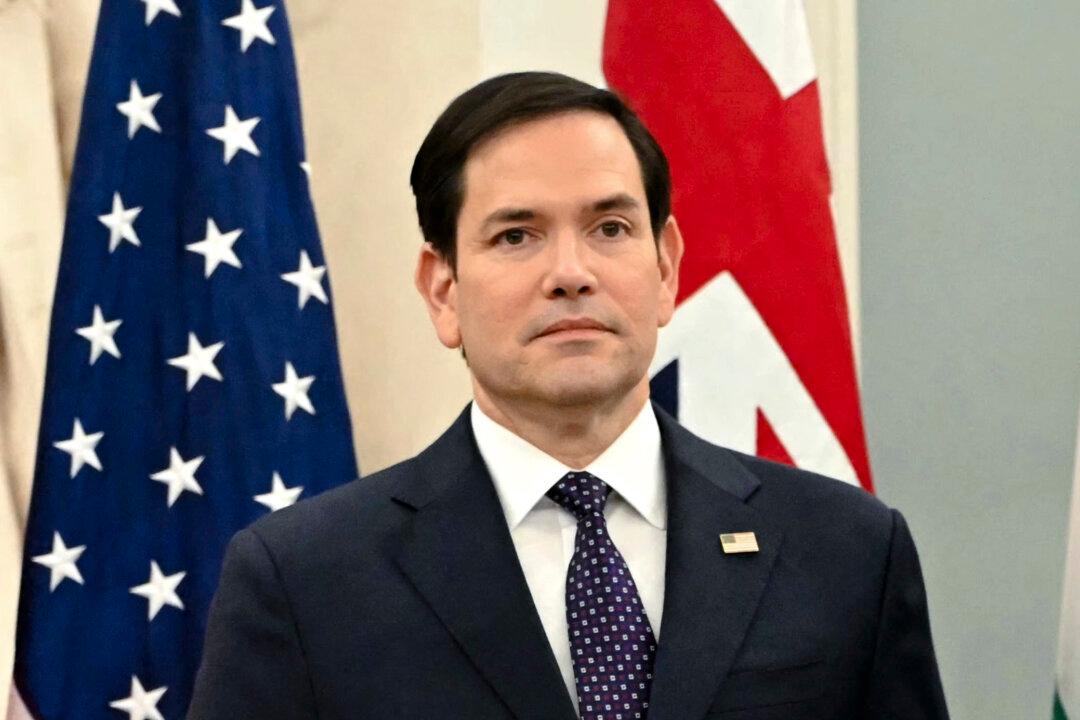The State Department announced that Secretary of State Marco Rubio will push El Salvadorian officials to accept deported foreign nationals from countries that won’t accept United States deportation flights.
Special envoy to Latin America Mauricio Claver-Carone told reporters on Jan. 31 that Rubio’s visit to the Central American country will include diplomatic measures to press the nation’s cooperation with the United States’ deportation efforts.





